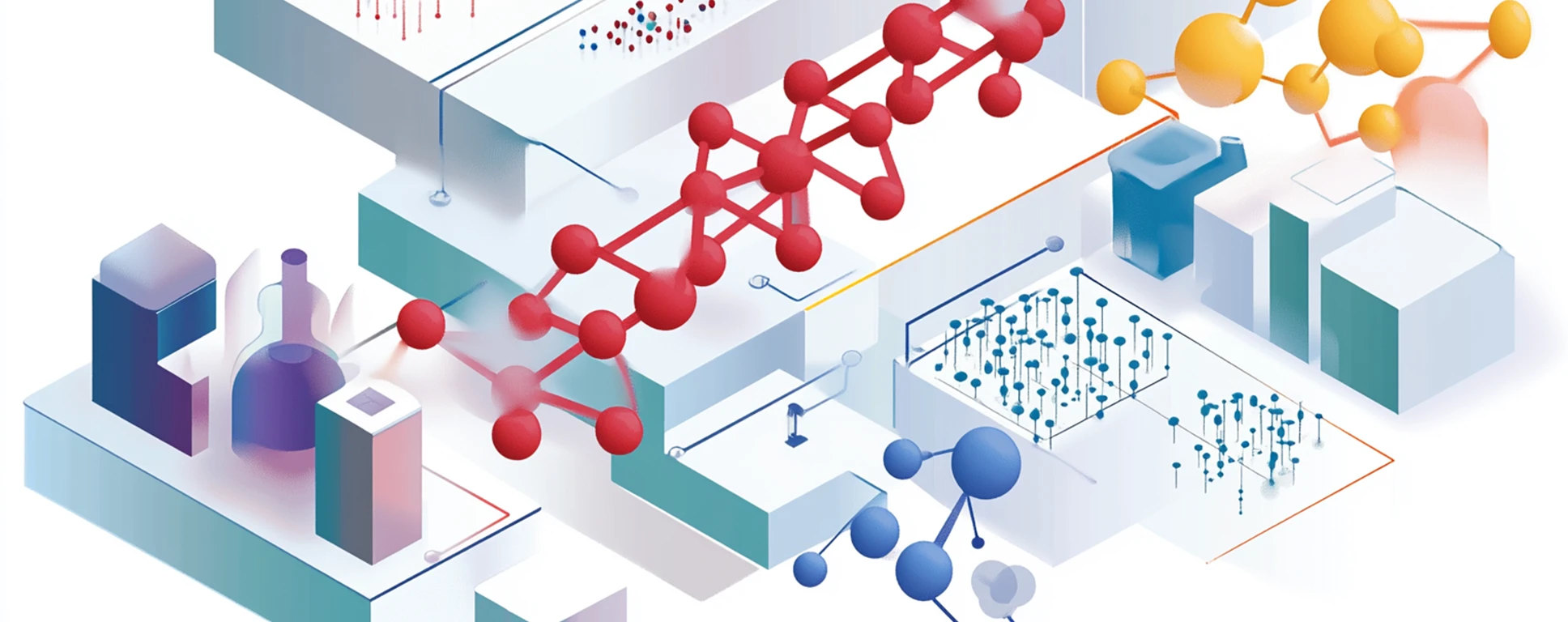
The Drug Discovery Process: from Lead to the Clinic
Course Code
CHEM 25000 20
Course Description
Over the course of the past century, advances in the medical arts have substantially changed the arc of the human experience. Indeed, average lifespans have more than doubled, some ailments like polio and smallpox have essentially been eradicated, and overall quality of life has substantively improved. Yet, despite our current abilities, innumerable challenges remain. They include cases of antibiotic resistance for which we have no available treatments, our inability to cure cancer, and the increased incidence of ailments such as obesity and depression that might result, in part, from elements of modern life. This course seeks to provide a full perspective on the current state of the drug discovery process, from how initial lead compounds are identified, to how they are optimized through both rational design as well as computational modelling methods, to how process-level scale chemistry is achieved to fuel clinical trials, to intellectual property and the FDA approval process, to the clinic, to ultimately addressing the ramifications of unintended side-effects discovered once used in a large population of patients.
Examples that will be discussed include antibiotics like Penicillin, the anticancer agent Taxol, the morning sickness pill Thalidomide, weight-loss and diabetes-fighting drugs such as Ozempic, immunosuppressants such as FK506, pain modulating medicines such as Aspirin and Oxycontin, depression treatments like Zoloft, and anti-HIV agents such as Truvada.
Instructor(s)
Scott Snyder
Other Courses to Consider
These courses might also be of interest.
 Forensic Biology: “Who done it?” – DNA tells the story
Forensic Biology: “Who done it?” – DNA tells the storyThis course is designed to introduce the field of forensic biology to those with an introductory biology background.
Starting with a brief overview of relevant basic concepts of molecular biology, genetics, and inheritance patterns, the course will explore the crucial role played by individuals’ unique DNA in precisely solving mysteries of missing people and crimes.
The course combines theoretical knowledge with hands-on experimentation to provide a comprehensive understanding of forensic biology with a focus on DNA analysis. We also cover adjacent topics such as identity-by-descent and the use of non-human DNA in Forensics, and also expand on the legal and ethical implications surrounding this form of investigation.
Upon completion, students will gain a comprehensive understanding of DNA analysis in forensic investigations, including the limitations in current practice. They will be empowered to contribute to the enhancement of criminal justice and public safety policies and guidelines.
Residential